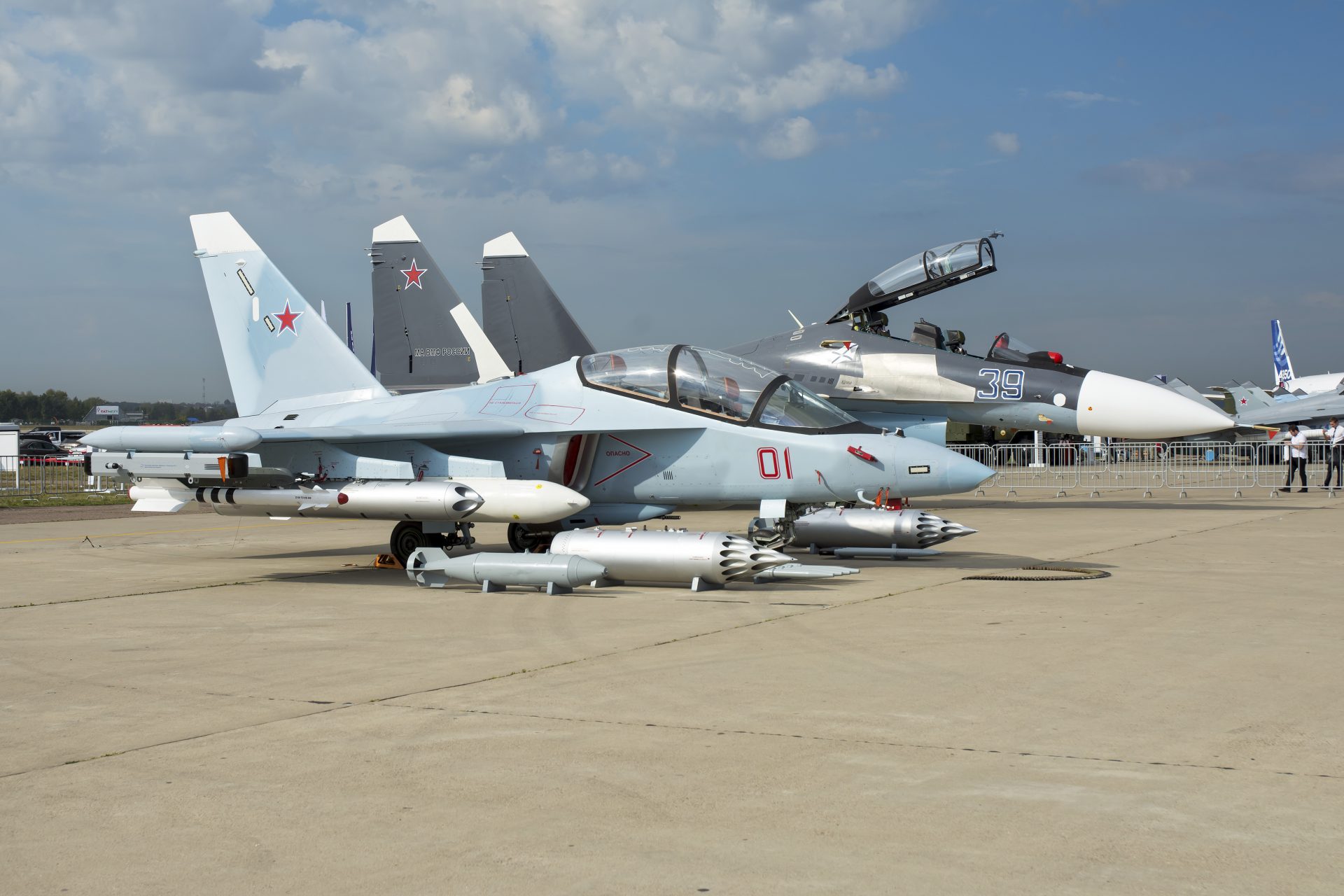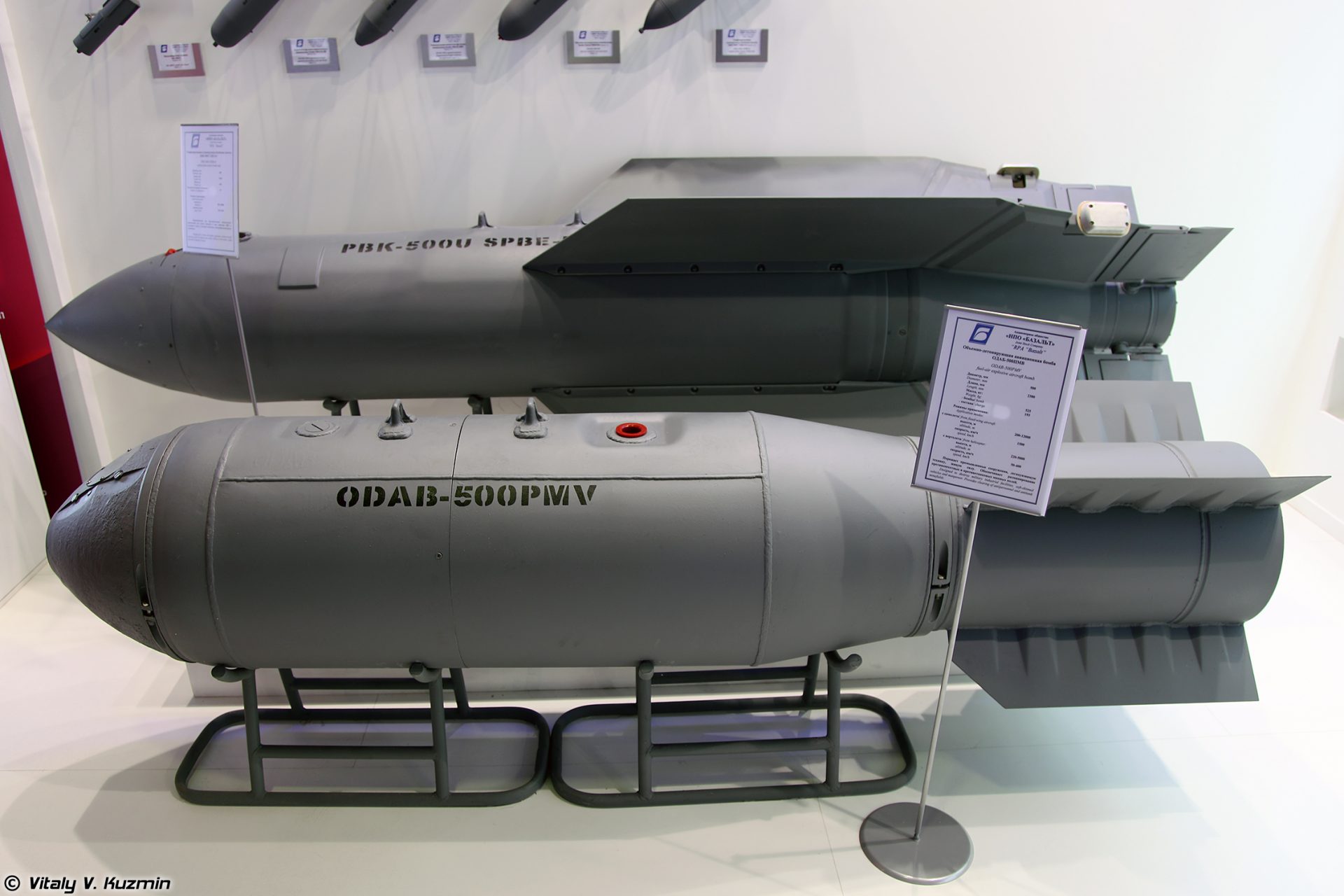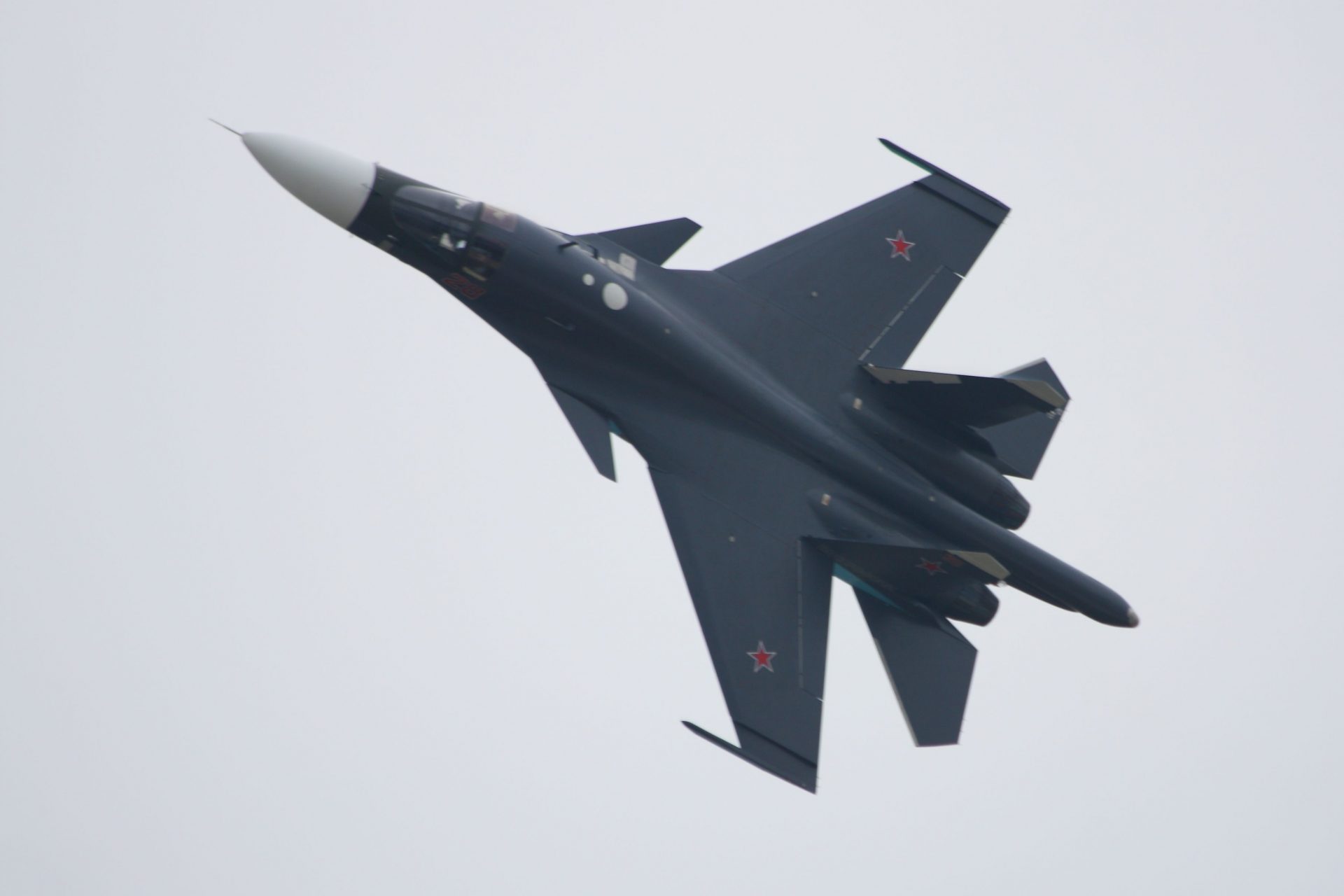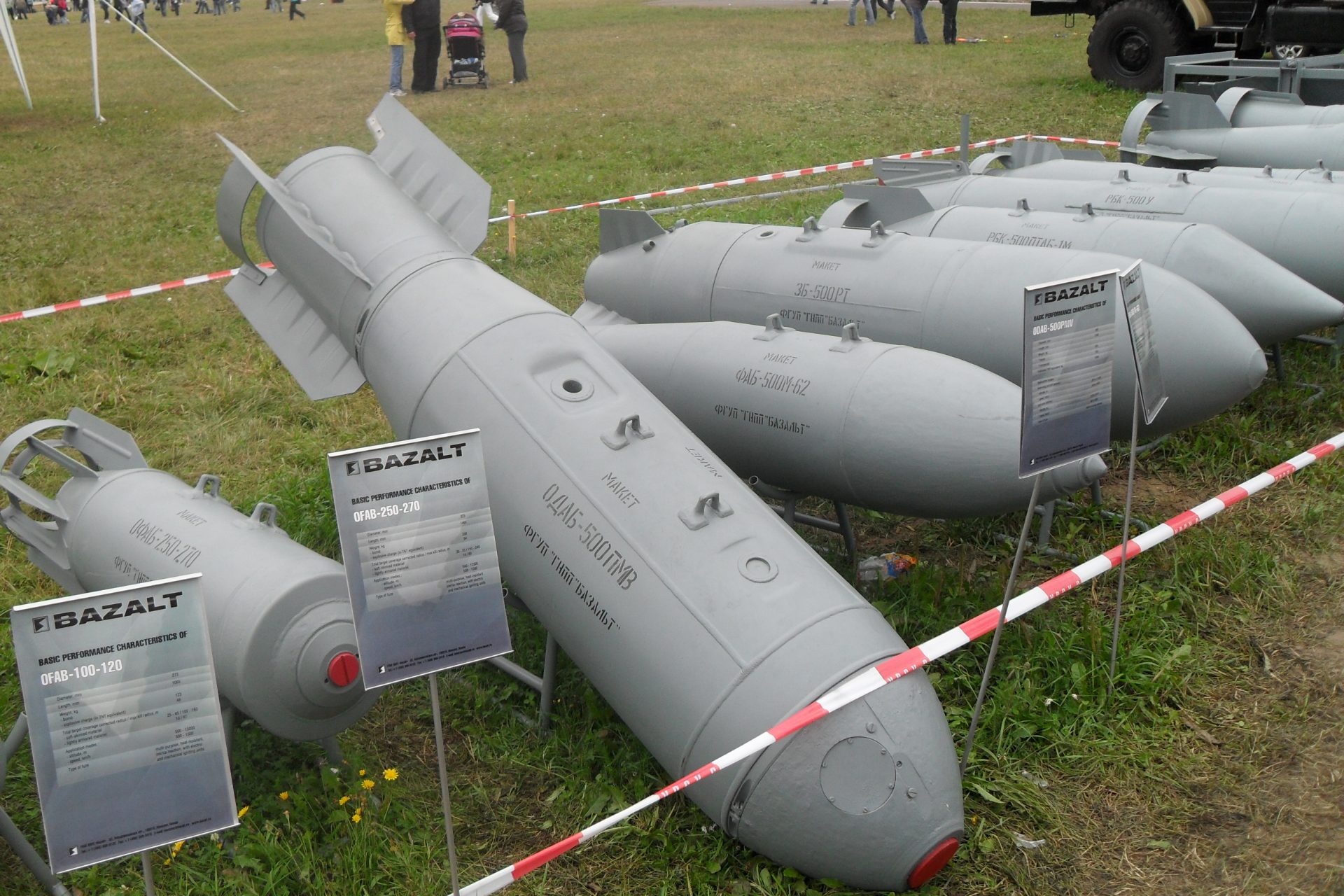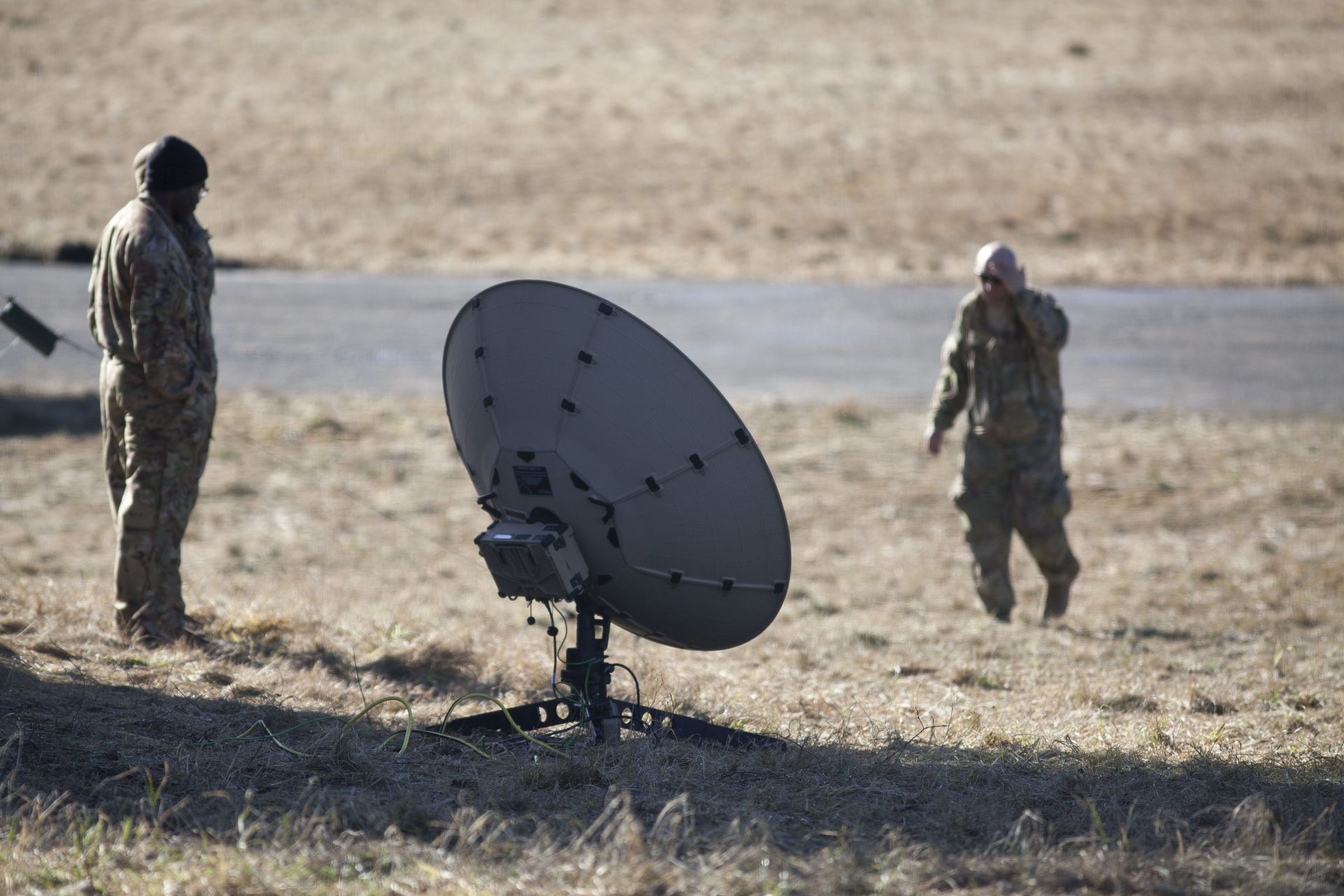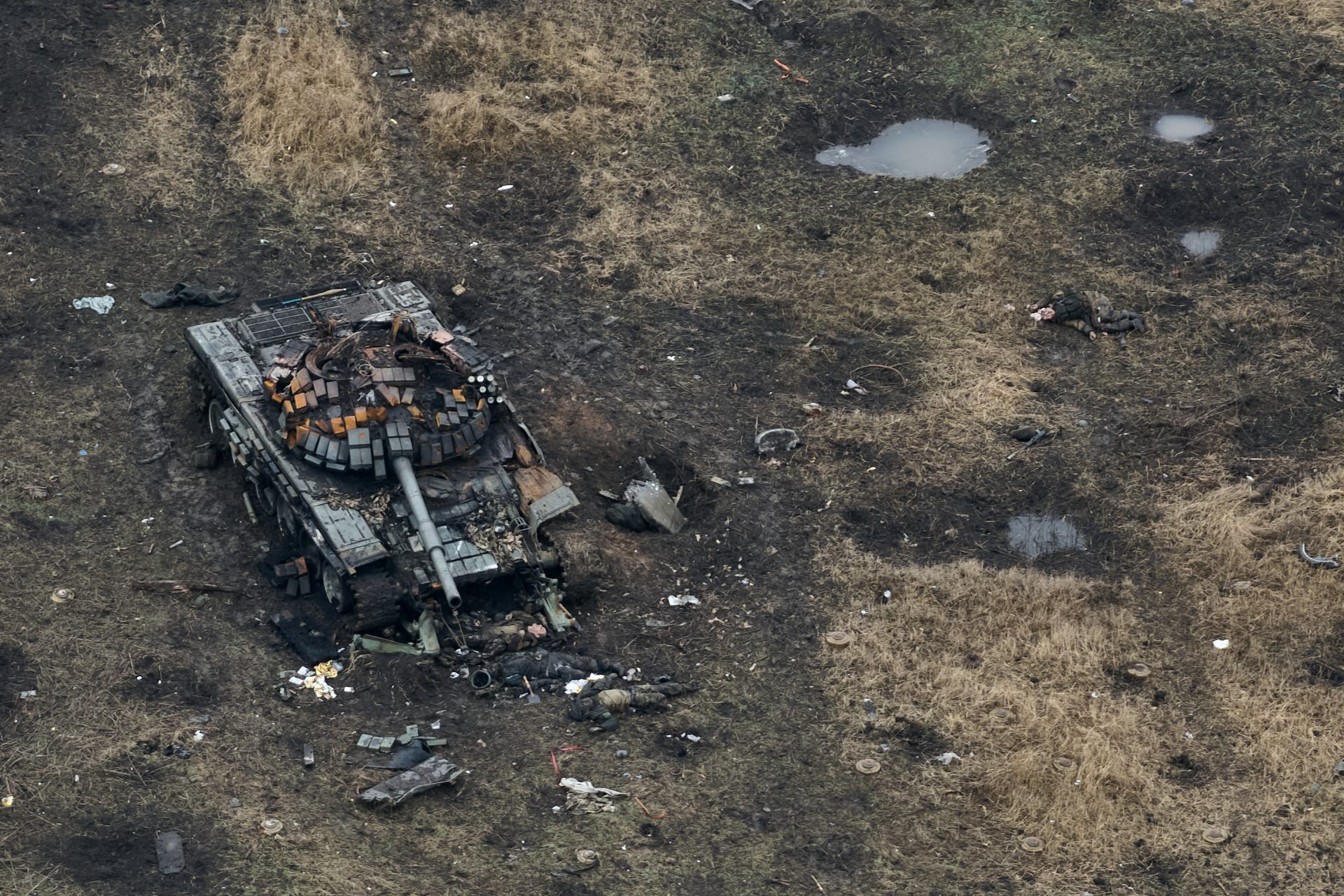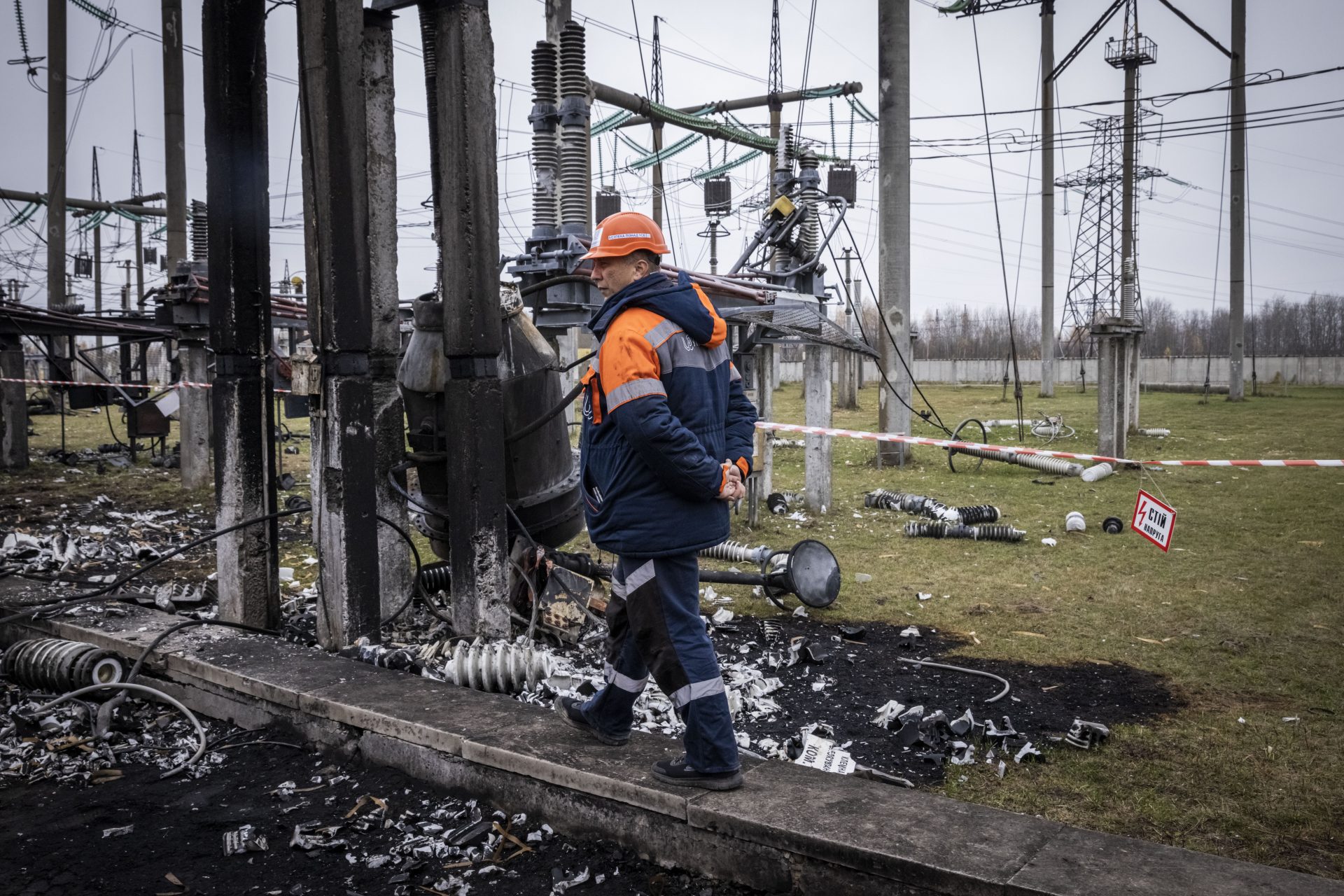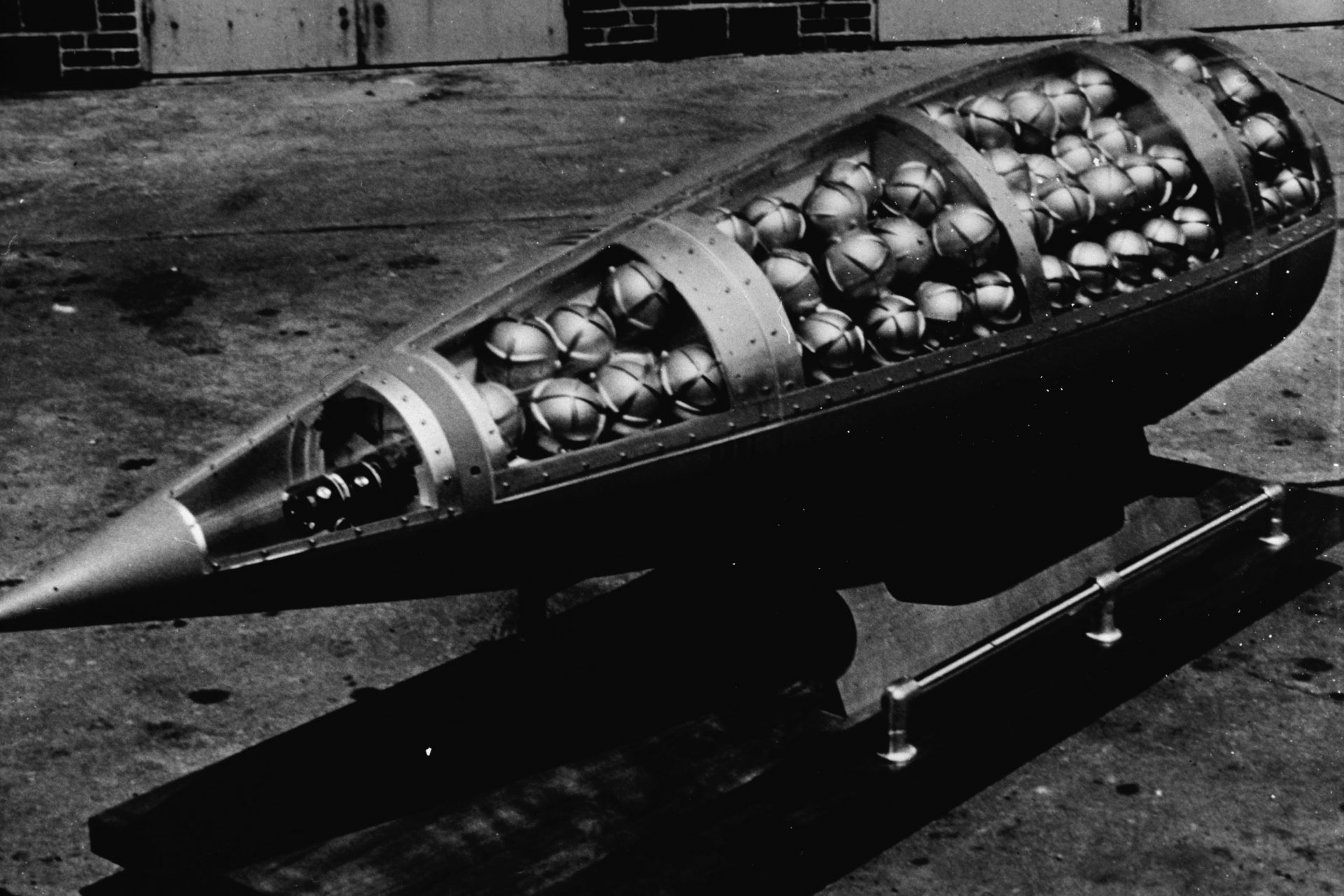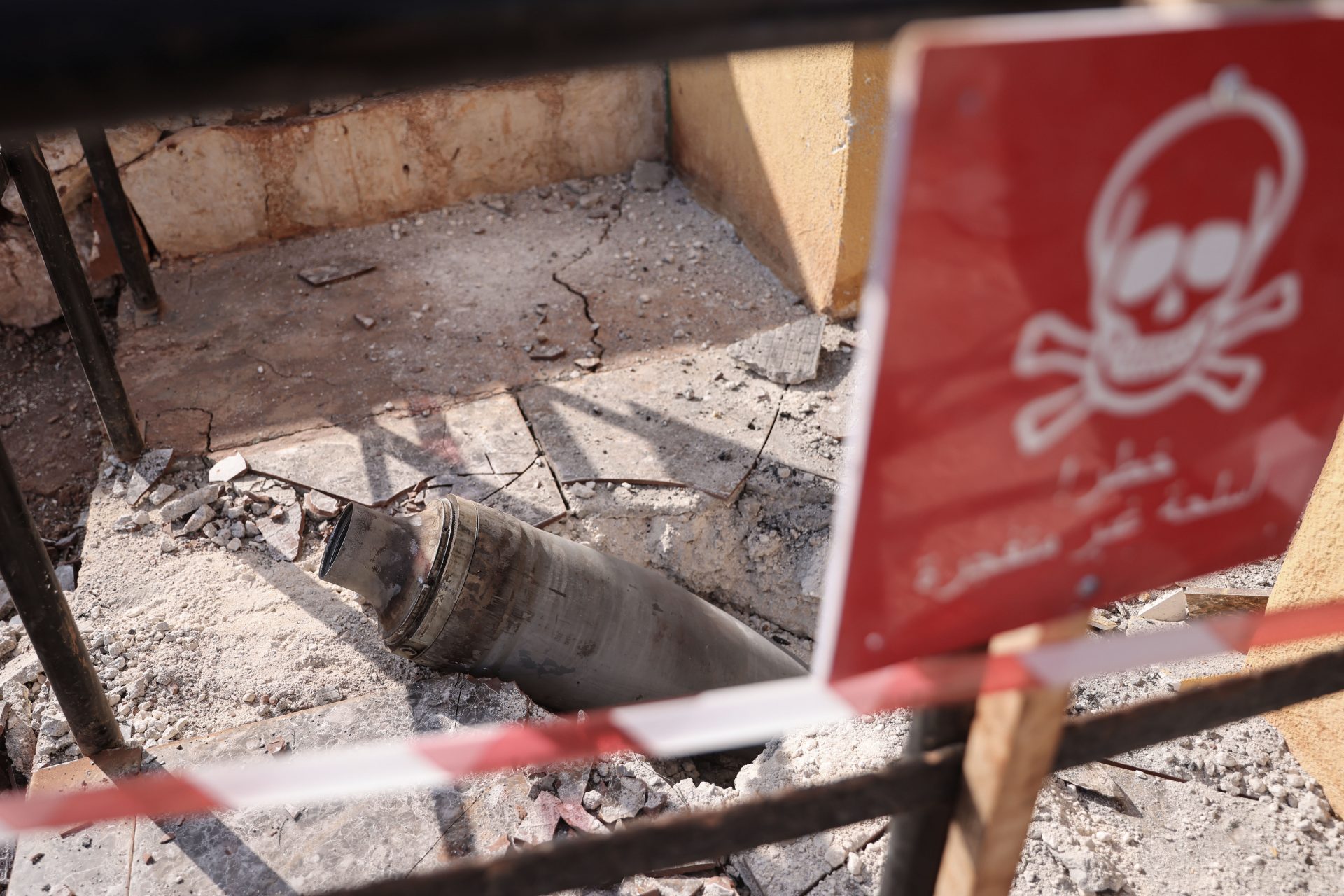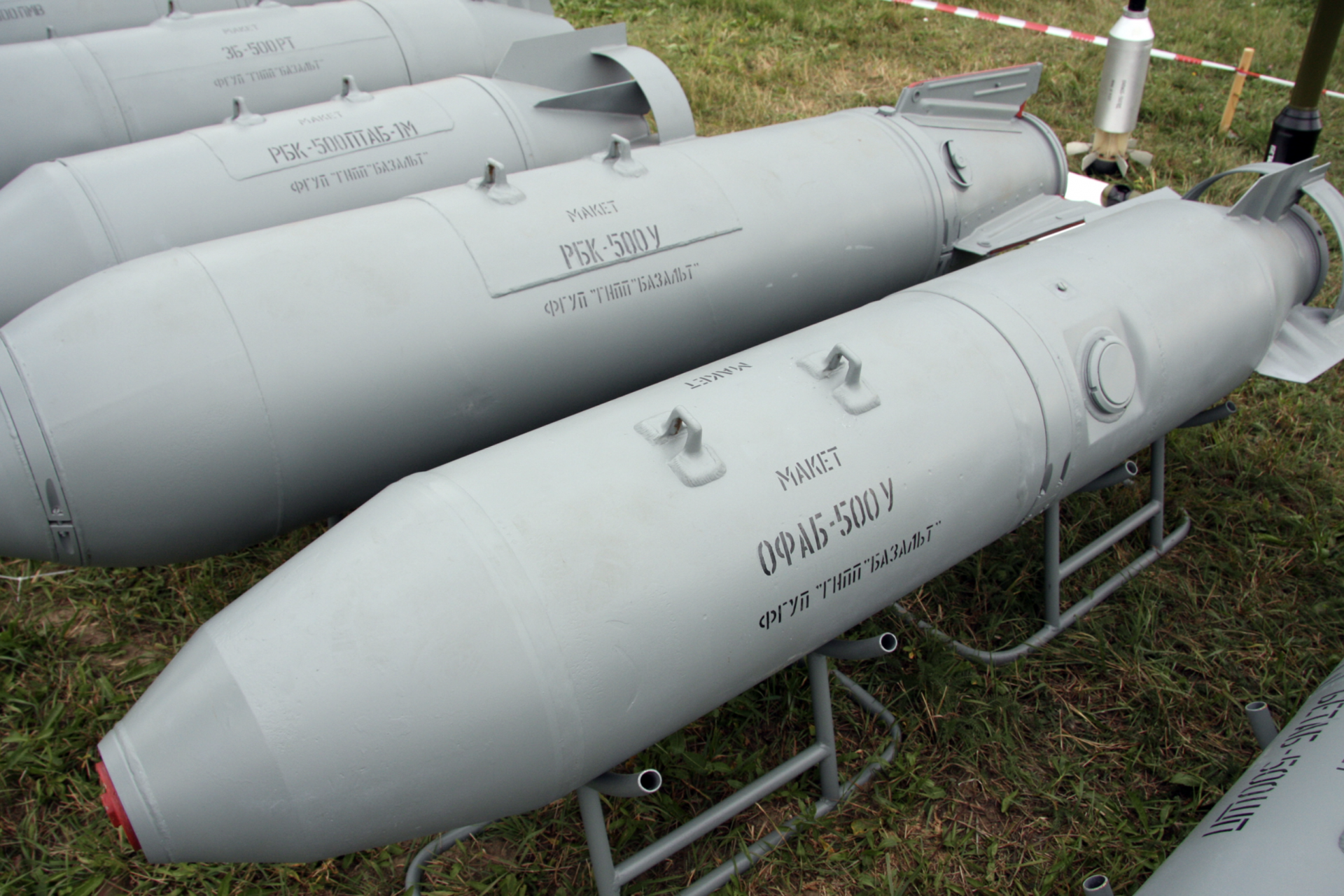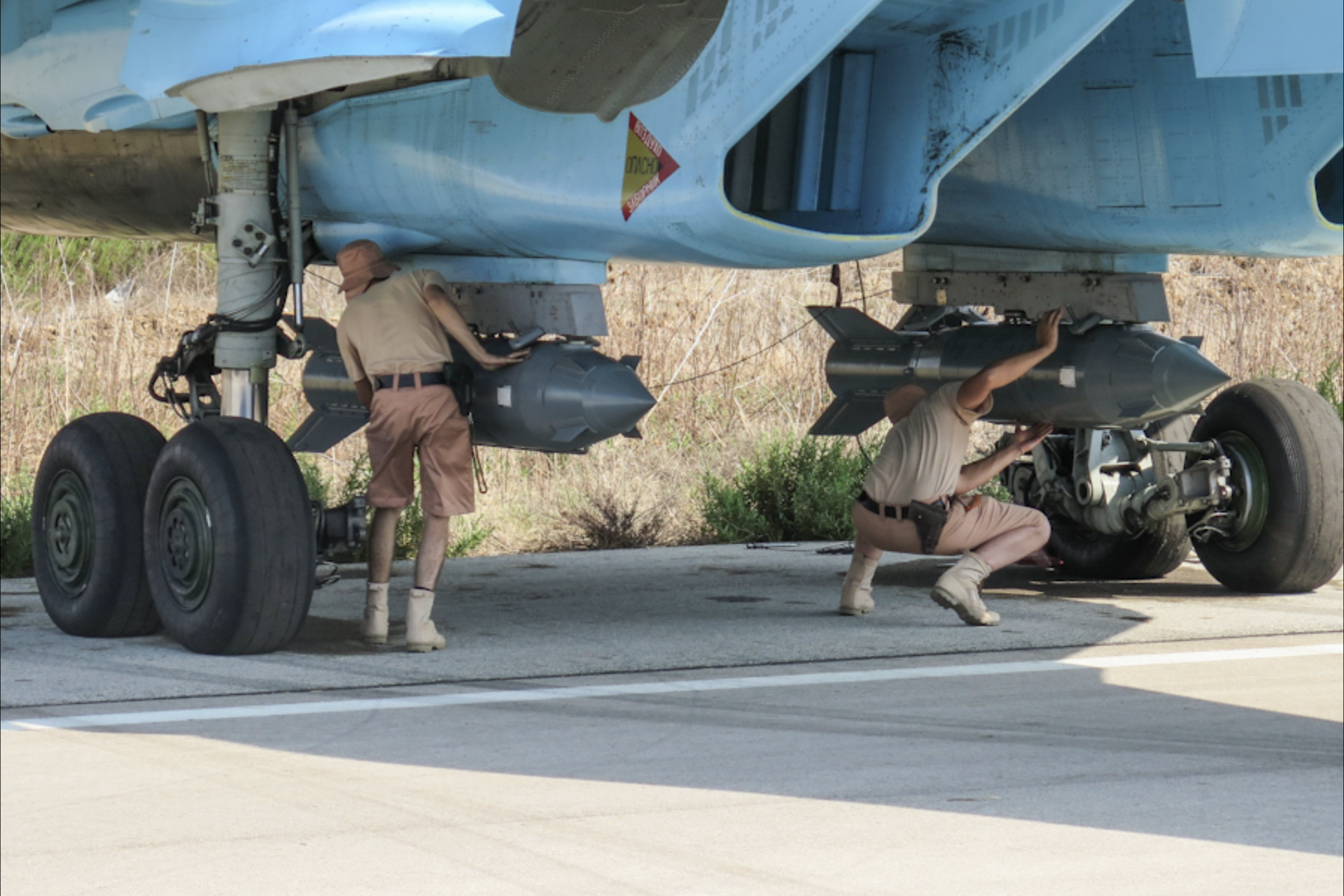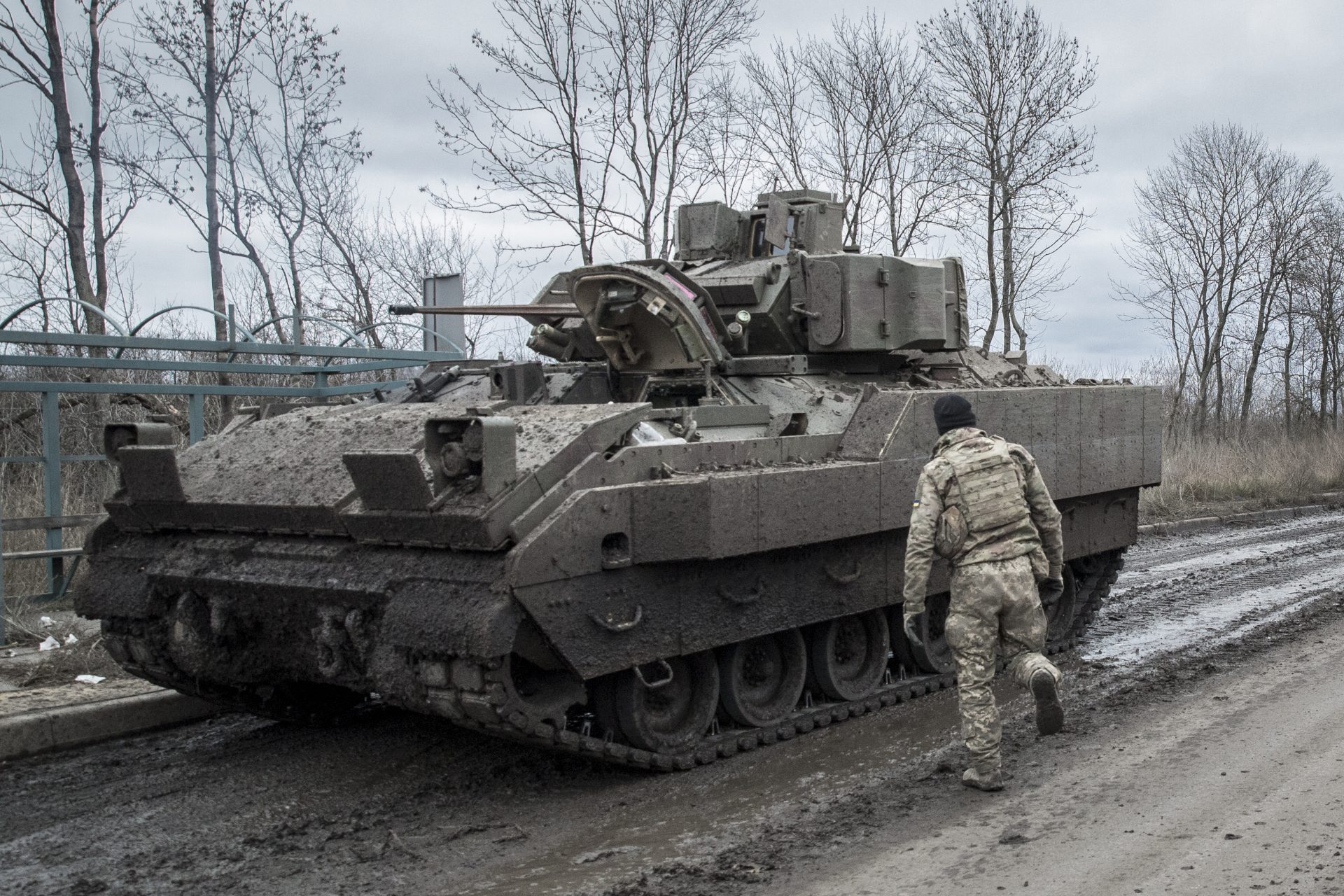Russia's new secret stealth bomb
Russia is preparing to begin the serial production of a dangerous new type of bomb this year. Here’s what we know about the weapon and how it could be used to give Moscow an edge in its fight to conquer Ukraine.
According to a representative from the state-run Russian defense conglomerate Rostec, the PBK-500U SPBE-K Drel glided bomb would begin serial production in 2024 following success in all of the new bombs requested testing.
Photo Credit: Wiki Commons By Vitaly V. Kuzmin
"To date, the product has passed all types of tests,” the representative told the Russian state media news outlet TASS according to a translation from Reuters. While information on the bomb is sparse, there is some.
Photo Credit: Wiki Commons By Doomych - Own Work
The Drel was designed by the Balzalt Research Group and was set to be manufactured by the Technodinamika Group, which is a subsidiary of Rostec, and was originally set to begin production at some point in 2023.
"I believe we will be completing the Drel project already next year. If we wrap up the trials next year, we will be actually able to start serial production from 2023," a chief executive explained to TASS in June 2021.
Photo Credit: Wiki Commons By Alexander Sergeevich Petrov
The Kyiv Post reported that the capabilities of the Drel have been kept secret but it has been noted by Rostec that the bomb glides to its target over long distances. The bomb is also allegedly invisible to radar systems.
Whether or not the claims of invisibility are yet to be seen but the bomb is also allegedly resistant to electronic warfare, if the claims are true then it would likely make the Drel a very difficult weapon to destroy in battle.
More detailed information about the Drel suggests the bomb was designed to combat a wide range of challenges on the battlefield, specifically it was made to counter armored vehicles and ground-based radar systems.
It was also noted by TASS that the Drel could be used to knock out power plant control centers as well as anti-aircraft installations and systems. More importantly, the Drel can distinguish friend from foe on the battlefield.
In 2018, media reports suggested that the Drel had been equipped with an identification system that would minimize the dangers of friendly fire and the possibility of destroying civilian targets according to the Kyiv Post.
Reuters noted that Western sources have labeled the Drel as cluster munitions, which is a type of weapon that typically releases a number of submunitions over a large and has been banned by over 100 countries due to their lingering dangers.
Photo Credit: Wiki Commons By U.S. Army
“They typically release large numbers of smaller bomblets that can kill indiscriminately over a wide area. Those that fail to explode can pose a danger for decades,” explained Reuters. So what do we know about the Drel’s submunitions?
“In its standard configuration the PBK-500U weighs 540 kilograms and can be released at a maximum altitude of 14 kilometers which would give it an operating range of 30 to 50 kilometers,” wrote the Kyiv Post about the bomb.
A variety of munitions have been reported since the bomb's development was revealed but it is believed that the final version of the Drel was equipped with 15 SPBE-K self-targeting anti-vehicle materiel submunitions.
Photo Credit: Wiki Commons By Mil.ru, CC BY 4.0
“The SPBE-K is thought to employ a twin-band (3–5 µm and 8–14 µm) infrared heat seeker and a millimeter-wavelength radar seeker with an identification of friend-or-foe (IFF) system to acquire and classify its target,” the Kyiv Post reported.
Despite the dangers of cluster munitions, Rostec claims that the Drel’s submunitions are equipped with a self-destruct capability that engages after a set period of time. The Drel has yet to be used in battle but it could be a game changer.
Russia could use its new gliding cluster bomb to target key Ukrainian weapons systems, and if the Drel truly is invisible to radar and resistant to electronic warfare, it could prove to be a major problem for Kyiv’s air defense network.
More for you
Top Stories



